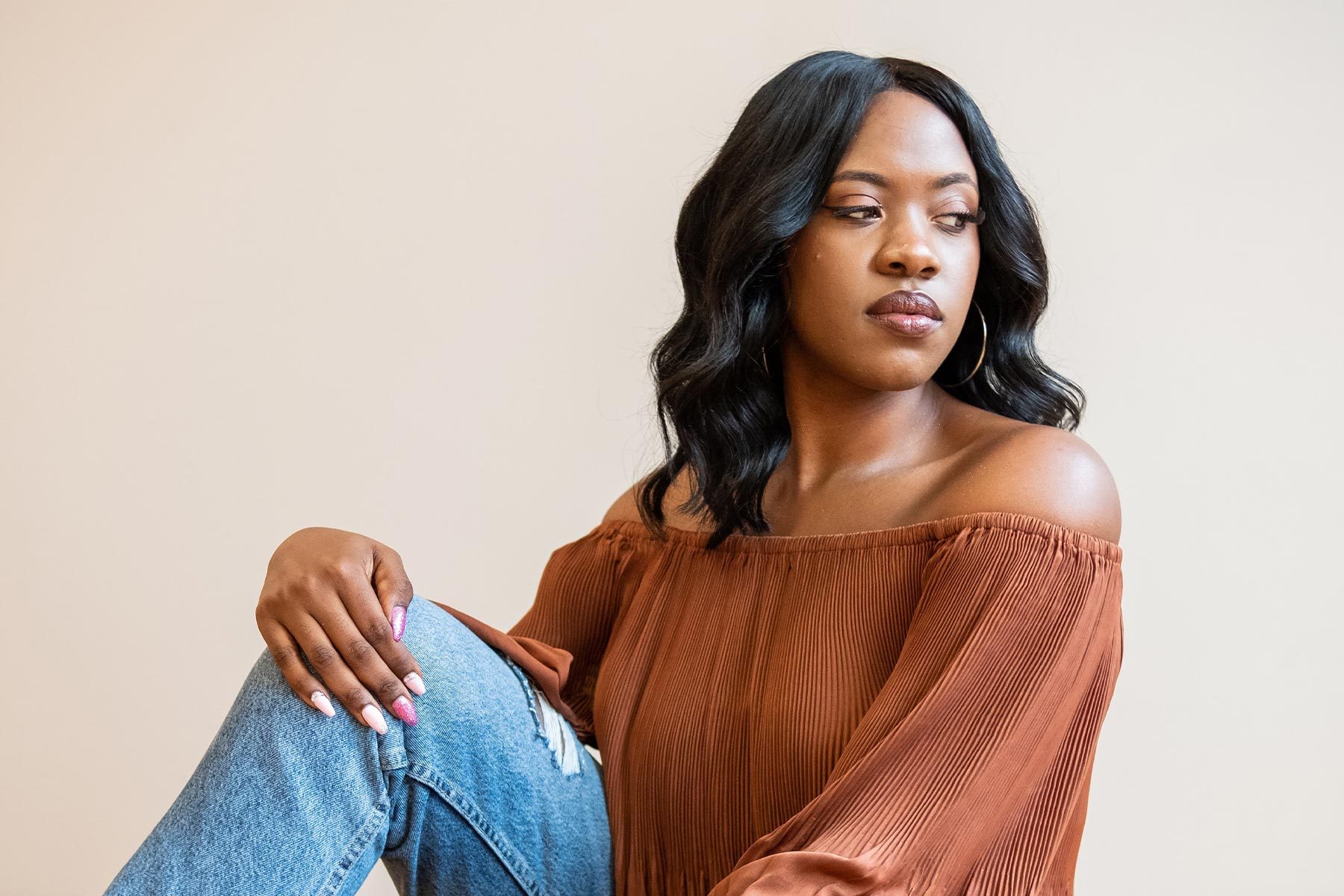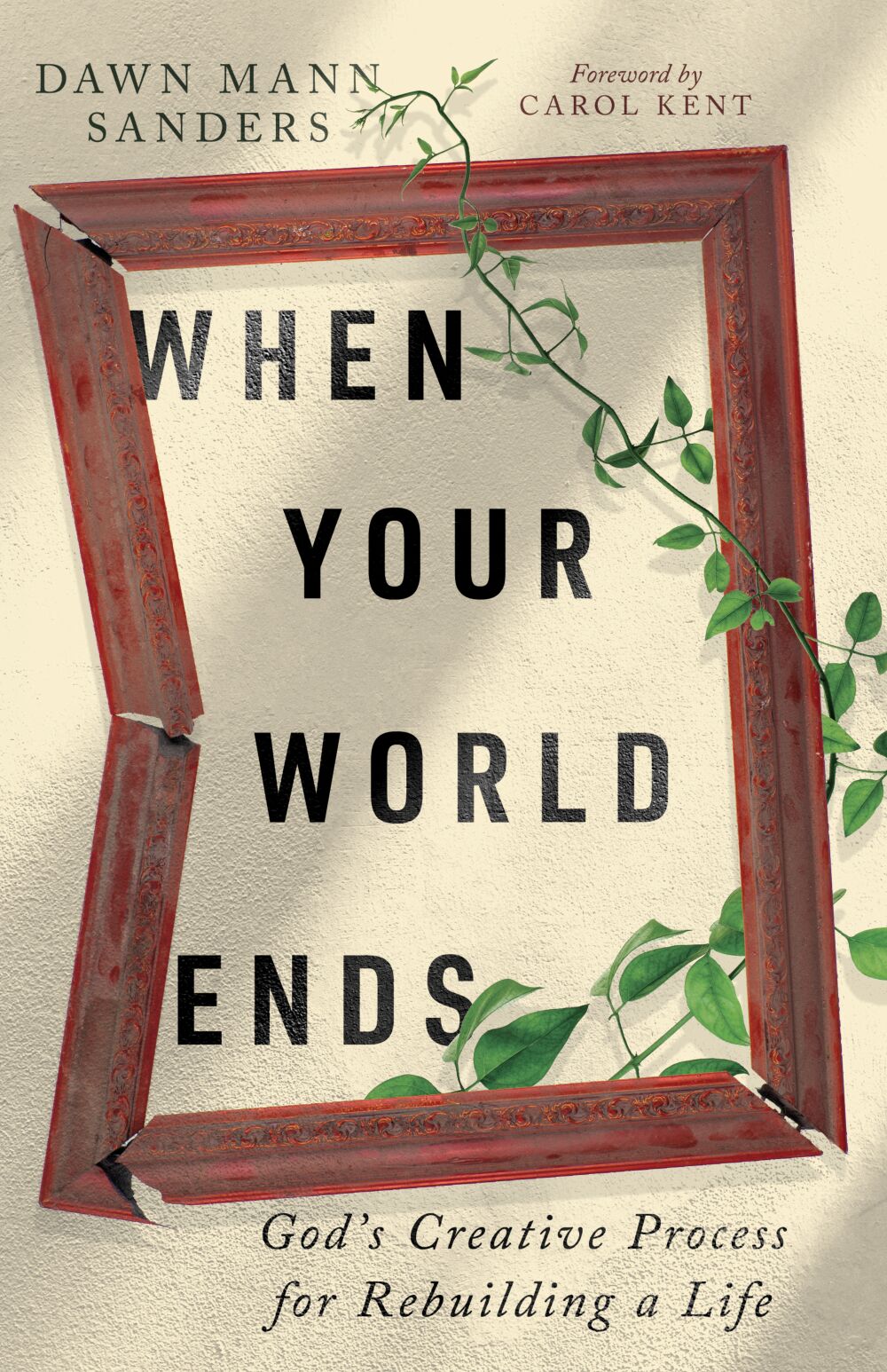“I miss having someone to come home to and share my day with,” shared my dear friend Elizabeth whose husband passed away several years earlier. Though I hadn’t felt that kind of loneliness in quite a while (There is hope!), hearing the pain in Elizabeth’s voice took me back to the early days after Reggie’s passing.
What I missed, and continue to miss, most about Reggie was not his booming laugh that never failed to lift my spirits, the peace that always settled over my spirit whenever we were reunited even after the shortest separation, or the comfort of holding his hand. I do miss those things, but what I miss most is his companionship.
Reggie was my best friend. Reggie and I shared almost everything, if not directly through shared experience, then like Elizabeth was saying about her husband, we shared through conversation. We shared successes and failures, highs and lows, celebrations and disasters. Reggie’s successes were my successes, my failures, his failures, and vice versa. We rejoiced with each other and wept with each other. We also shared the mundane, everyday stuff too. In short, Reggie knew me like no one else—the good and the bad, and loved me anyway. Now that he is gone, I miss that connection, that intimacy of someone knowing me.
These feelings are not isolated to widows or loss from death. Most people who have lost a close friend or family member under many circumstances (i.e. divorce or a breakup) can relate. Whether it was a spouse or another BFF, you shared a connection and now that connection is gone. We miss people after any significant relationship ends.
To combat the loneliness I felt following my loss of connection with Reggie, I did three things:
1. Renew Existing Relationships
Before Reggie came into my life and we decided to marry, my best girlfriend Barbara and I spoke to each other several times a week, almost daily. As my relationship with Reggie deepened, that gradually reduced. After Reggie and I married, I still spoke with Barbara often, at least weekly.
After Reggie’s passing, the frequency of our calls increased out of a mutual desire between Barbara and me to reconnect. Though Barbara reached out to me as much, if not more than I reached out to her, I still had to do my part and be proactive about reconnecting too. It is tempting to withdraw when hurting emotionally. Withdrawing is the opposite of connecting, so fight the temptation to withdraw in order to maximize connection and minimize loneliness.
2. Nurture Others
About six months after Reggie’s passing, my nephew and his wife had a baby girl. Since I was working from home at the time, I agreed to keep his daughter a few days a week while he worked.
Caring for a newborn was extremely healing for me following my miscarriages. Though your situation may be different than mine, nurturing others—whether caring for children/elderly, teaching a class or helping to meet the needs of others in another way—can provide opportunities to connect with others. Don’t underestimate the value of what you have to offer.
3. Do Something You Enjoy, Preferably With Others Who Enjoy It
I used to watch old movies on TV with my mom on Sunday afternoons growing up. That switched to TV shows when I got older. There were even a few Reggie and I would watch together each week and discuss between viewings.
I missed that after Reggie passed. To fill the gap, I found an online discussion board where I discussed my favorite shows. This allowed me to connect with people at my leisure because the community was so large that there were always new posts whenever I visited the discussion board. Also, there wasn’t any pressure, which may come from well-meaning friends wanting you to move forward faster than you are.
In closing, remember that loneliness (feeling lonely) is different than solitude (being alone). Loneliness is about connection, whereas, solitude is about proximity. So, you can be in a room full of people and still feel lonely if you have little to no connection with the people in the room.
Sometimes, it is okay to be alone to reconnect with yourself and your feelings—all your feelings, especially your loneliness and sadness if you are grieving. It is important to acknowledge and feel your feelings rather than burying them. The path to emotional healing is one of balance. So, balance feeling lonely from time to time with taking action to alleviate your loneliness.
Questions:
- What do you do to combat loneliness and build connection?
- How do you balance your craving for companionship and social connection with feeling your true feelings?







